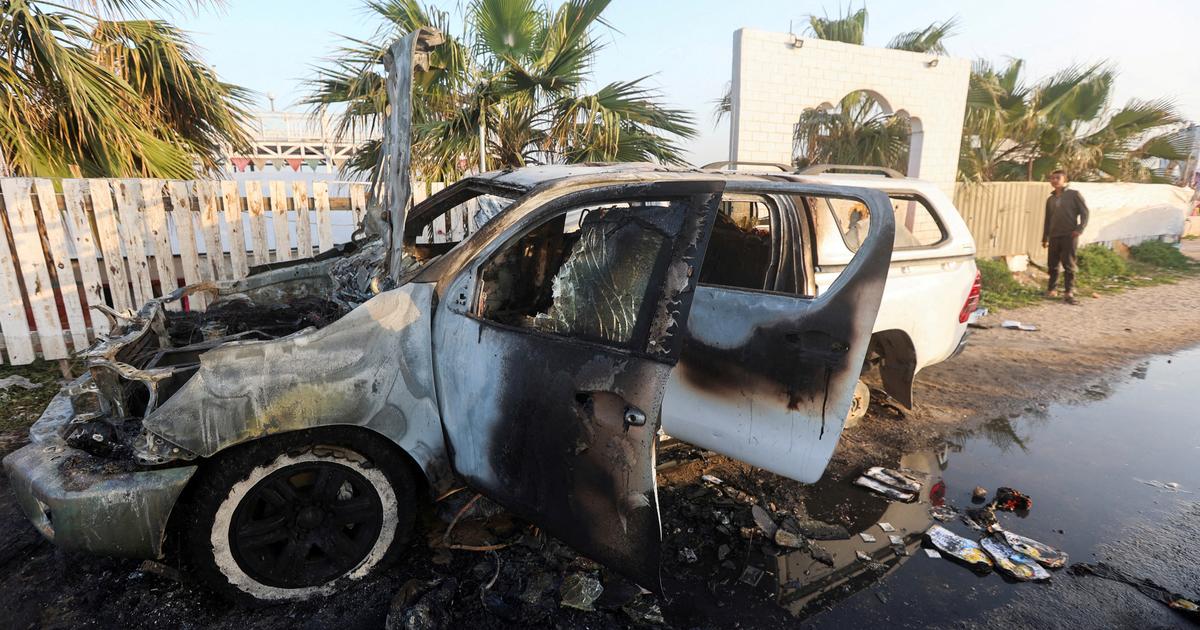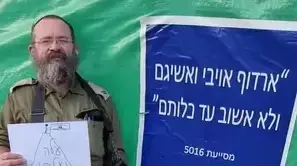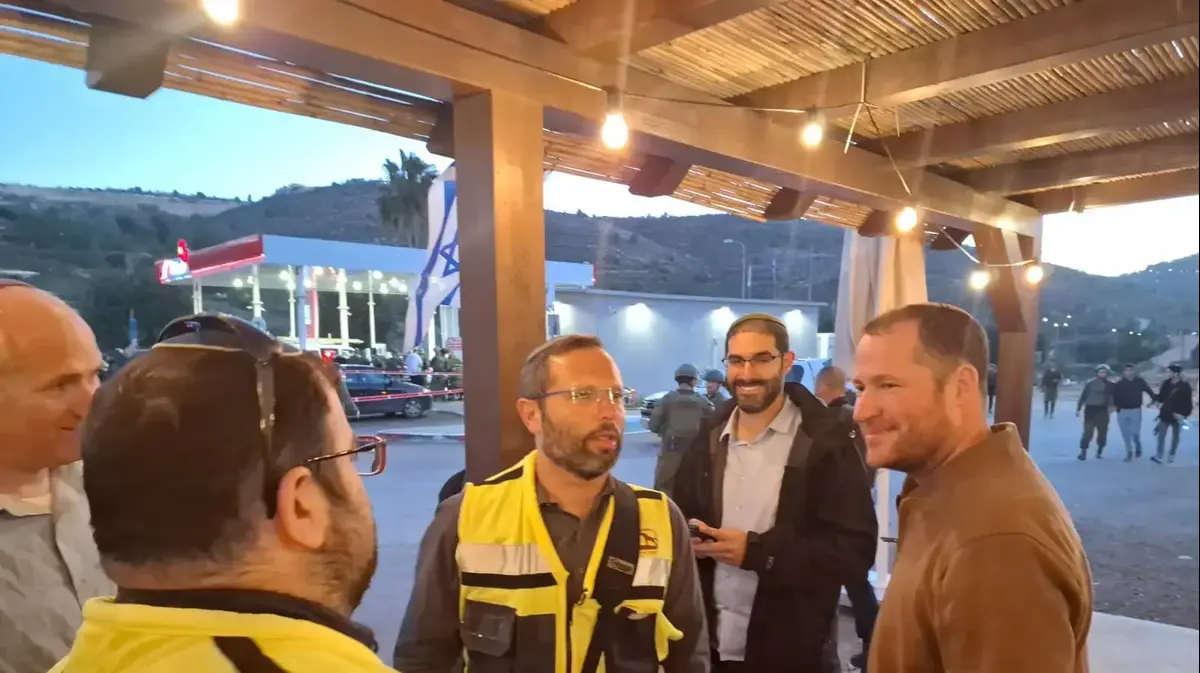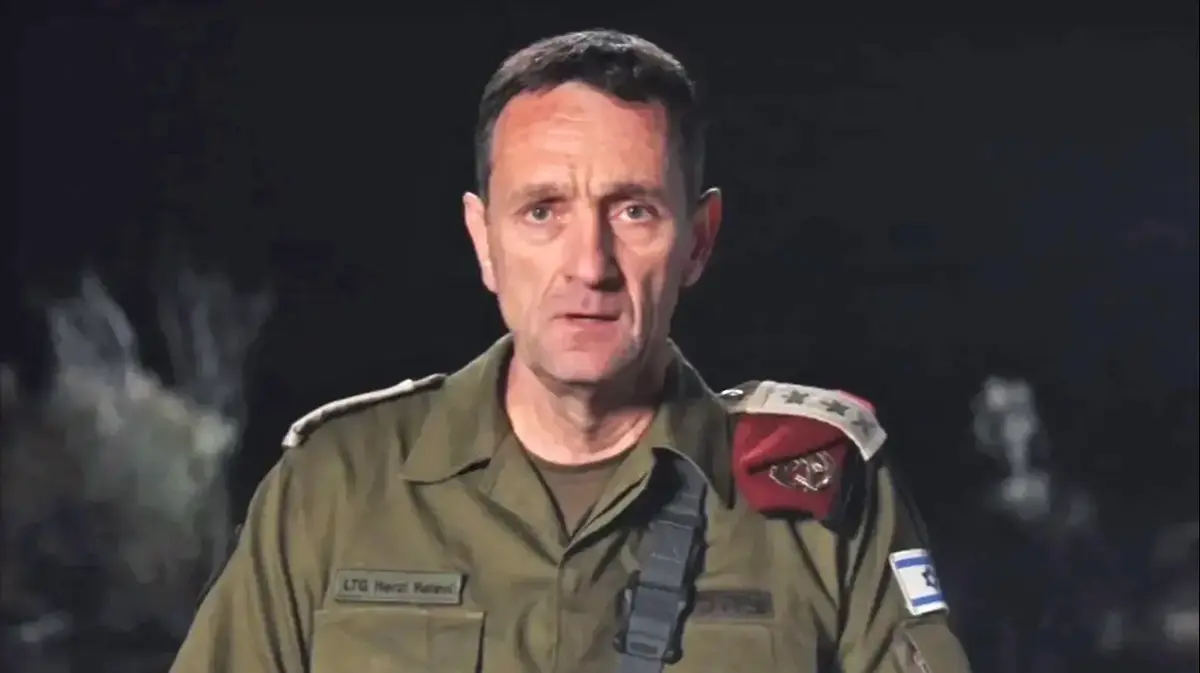Enlarge image
Gas station crime scene: A young cashier was shot
Photo: Christian Schulz / picture alliance/dpa/Foto Hosser
Mario N. himself described why he went nuts on the evening of September 18 last year.
The corona measures would have affected him, paralyzed him professionally and affected his life in such a way that he shot the cashier Alexander W. at a gas station in Idar-Oberstein.
The 20-year-old asked him to wear a mask.
Since mid-March, Mario N. has had to answer to the Bad Kreuznach district court for murder.
The self-employed software developer has admitted the fact.
He had no other choice: Surveillance cameras at the gas station recorded him standing at the checkout without a mask, leaving the salesroom angrily and without the two six-packs of beer he wanted to pay for;
how he raises his fist in the direction of the cashier outside and how he returns about 90 minutes later: with a mask over his mouth and nose and a Smith & Wesson revolver, model 686, caliber 357 Magnum.
Mask off and shot
The videos show Mario N. standing in front of the counter a second time, pushing the mask down to provoke Alexander W., then shooting, pushing the mask back up and leaving the gas station.
On this day of the hearing, a criminal psychologist from the Rhineland-Palatinate State Criminal Police Office took a seat on the witness stand.
She evaluated the surveillance videos from the gas station that night, as well as the posts that N. left in private chats or forums, and his interrogations with the police and the investigating judge.
She did not meet the 50-year-old personally.
For the qualified psychologist, one thing is certain: Mario N. not only returned because he was annoyed with the gas station employee, but also because he wanted to set an example.
"He saw Mr. W. as a representative of a personal enemy image."
Even before the outbreak of the pandemic, Mario N. had developed a "xenophobic, racist, extremist worldview," according to the psychologist.
Chat histories showed an »objectification and dehumanization of people«.
“He thinks the corona measures are wrong”
When he started his own business, the software developer had problems keeping his life structured.
People as gifted as Mario N. tend to blame others for their failures.
He built up a "scapegoat narrative" and saw himself increasingly surrounded by a threatening outside world.
The psychologist initially does not want to assess the extent to which the corona measures may have contributed to his radicalization until the right to ask questions goes to defender Alexander Klein.
He describes the condition of the alleged murderer at the time and asks specifically: “He thinks the corona measures are exaggerated and wrong.
What is the psychological impact when someone like that encounters a lack of acceptance and tries to gain a foothold in society?”
The witness thinks about it and says that people must have control over themselves.
As soon as he realizes that he's losing this control, he feels other-directed, falls into a kind of faint state and then creates a "scapegoat narrative," just like Mario N. did.
Added to this was a bitterness about his personal life balance, his social failure: professional slump, two failed marriages.
Attorney Klein does not see this obvious bitterness.
He refers to the eleven-year relationship that his client has with his partner and lists the last annual sales of his one-man business.
"A happy, satisfied person is on a different path than Mr. N. when I see his chat history," counters the psychologist.
"Exactly," Klein states calmly.
»It is obvious that he was not satisfied.«
more on the subject
Trial of deadly gas station attack in Idar-Oberstein: what chats reveal about the shooter Julia Jüttner reports from Bad Kreuznach
Confession after a fatal gas station attack: “I was worn down by the corona measures” Julia Jüttner reports from Bad Kreuznach
How employees enforce the corona rules: "Since the murder of the gas station employee I've had a bad feeling" Logged by Maren Hoffmann, Matthias Kaufmann and Franca Quecke
But what have the corona measures done to him?
Did they increase his displeasure?
Attorney Klein puts himself in the position of the accused.
"Now his freedom is being restricted, isn't that the last straw?"
Of course, fears influence a person's behavior, the psychologist replies.
Mario N. prepared himself for emergencies.
The revolver was not the only weapon in his possession: investigators found a Ceska 1945 pistol, 6.35 mm Browning caliber, in the drawer of his living room table.
Violent fantasies created a desensitization, says the witness.
Klein asks whether that lowers the inhibition threshold for violence.
Again the psychologist is vague.
Man knows that violence is forbidden;
but through certain thought games it can be perceived as legitimate.
Mario N. looks steadily at the psychologist.
He knows this case won't end well for him.
The next day of the hearing, the psychiatric expert is to report on him.









